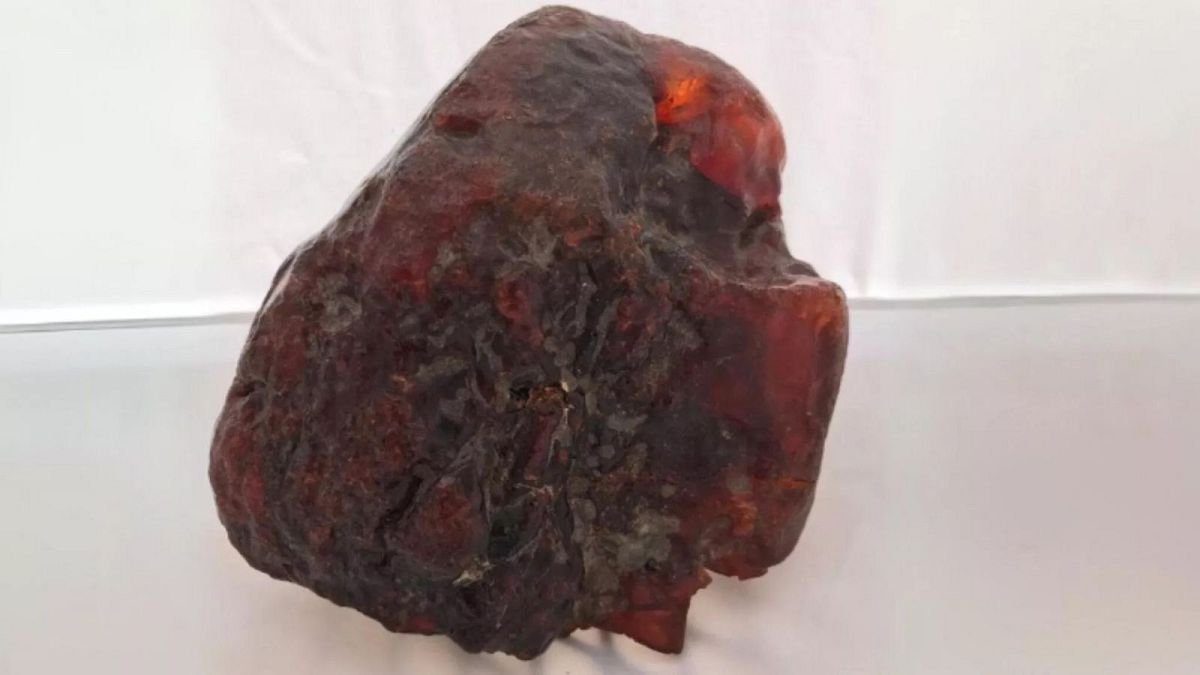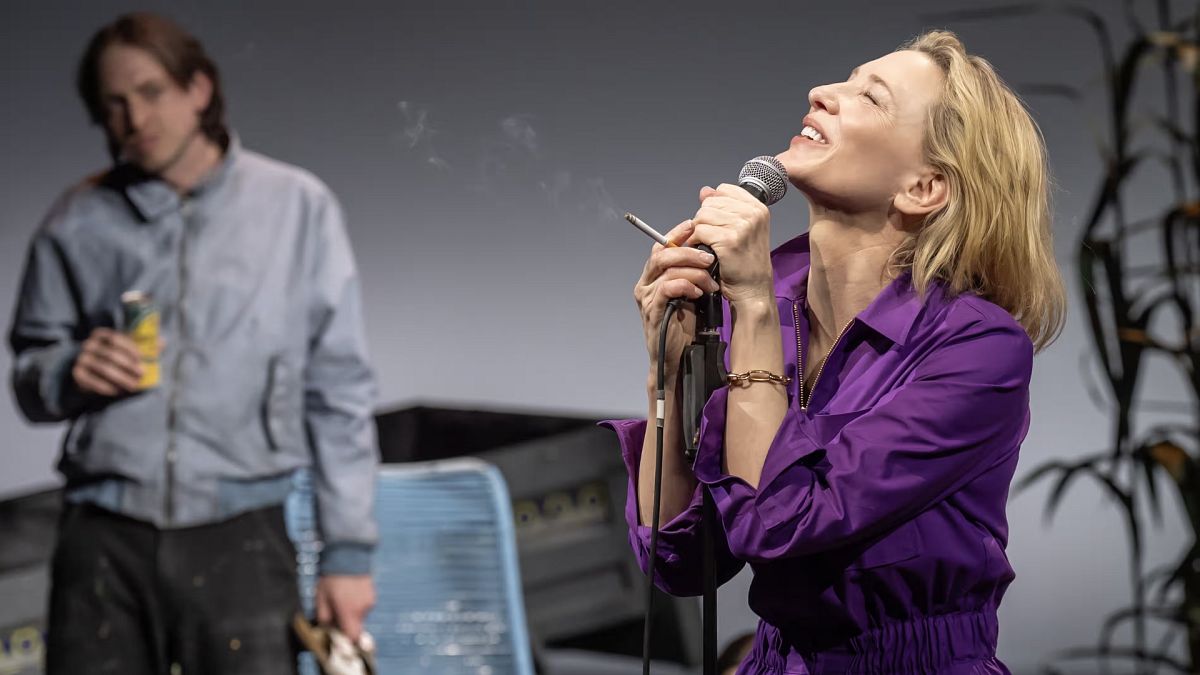Home to the world's largest collection of works by Norwegian painter Edvard Munch, the museum aims to pay tribute to his legacy of promoting "artistic expression" and creative freedom.
Oslo’s Munch Museum presented Brazilian artist Rosana Paulino with its inaugural Munch Award honouring artistic freedom last week. The award comes with a NOK 300,000 (€25,000) prize and celebrates an artist who “has distinguished themselves with courage and integrity throughout their career”, the museum said.
“Freedom of expression is under growing constraint all over the world. With our new Munch Award, we pay tribute to the artist’s role as a critical voice in society,” Munch director Tone Hansen said of the award.
Paulino – who is among Brazil’s most prominent visual artists – addresses the ongoing social, ethnic, and gender issues faced by Black women in Brazil in her work, particularly in relation to racism and the legacy of slavery.
She told The Guardian that she “wants to bring to the table the issue of what it means to be a Black woman in a racist country like Brazil,” but also noted that the issues addressed have relevance among the African diaspora “in Latin America, in the US and here in Europe with immigrants”.
The jury highlighted the artist’s “broad and poetic oeuvre of installations, drawings, artist’s books and videos”.
“Rosana Paulino has contributed to some of the most important conversations about art, histories and society in Brazil and beyond. Over the course of several decades, she has radically committed her artistic practice to unpacking the violent histories and continuities of gender and race,” the jury members said in a statement.
In particular, they lauded Paulino also as a “leading voice of Black feminism with a steadfast commitment to the struggle of Afro-Brazilian communities, and the on-going fight against racism”.
According to The Guardian, Paulino plans put most of the cash prize towards setting up the Rosana Paulino Institute, which will serve as an image library and study centre documenting representations of Black people and will be based in a working-class neighbourhood of São Paulo – not unlike the one where Paulino grew up.

 5 months ago
44
5 months ago
44






 We deliver critical software at unparalleled value and speed to help your business thrive
We deliver critical software at unparalleled value and speed to help your business thrive






 English (US) ·
English (US) ·